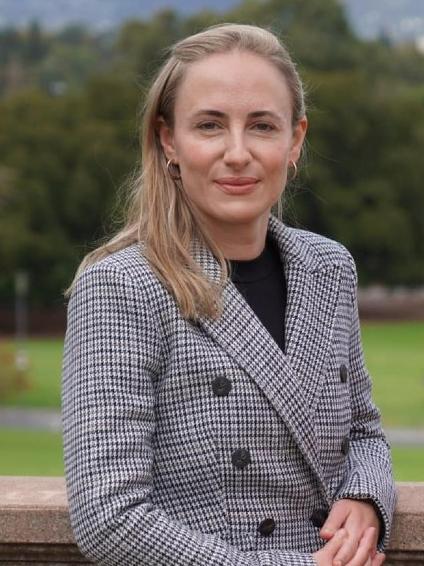The public has a right to know about deals made with the crossbench to pass legislation | Kathryn Bermingham
After months of spending up big on overseas trips – and copping plenty of criticism – the government has agreed to tighten the rules. What changed, writes Kathryn Bermingham.
Opinion
Don't miss out on the headlines from Opinion. Followed categories will be added to My News.
After 18 months of spending up big on overseas trips – and copping plenty of associated criticism – the government has agreed to tighten the rules around declaration of expenses.
Legislation proposed by One Nation MLC Sarah Game, this week backed by the government, will mean ministers must disclose their travel expenses faster and in more detail.
Where some ministers had previously struggled to disclose their expenses within three months, the new laws will require them to do so within 45 days.
One has to wonder why the government would agree to such a change, which will give rise to further scrutiny.
A likely explanation is that a deal was done with Ms Game, whereby the government agreed to pass the bill in exchange for her vote on the government’s flagship university merger legislation.
And if that is the case, the public has a right to know.
Acting Premier Susan Close, who herself failed to upload travel disclosures for more than three months following her return from a trip to Egypt last year, said on Wednesday the government seeks to hold itself to the highest standards when it comes to disclosure, transparency and accountability.
Two months ago, when the legislation was first flagged by Ms Game, Premier Peter Malinauskas made the same commitment – but flagged the 45-day timeline could cause problems.
“I don’t want to put in place a trip-wire that just amounts to a source of consternation when, in actual fact, we’re all on the same page about wanting these things on the public record,” he told ABC Radio Adelaide.


What’s changed? Nothing much — except Ms Game has leant crucial support to the government.
Greens MLC Robert Simms has probed his crossbench colleague in a bid to get to the bottom of the matter.
As well as the university merger bill, Ms Game has joined forces with SA-Best MLCs Connie Bonaros and Frank Pangallo to kill off a proposed parliamentary committee into the government’s Hydrogen and Renewable Energy Bill.
Asked by Mr Simms this month whether any deal had been struck to block the committee, all three answered “no”.
When Mr Simms asked Primary Industries and Regional Development Minister Clare Scriven whether a deal had been done with Sarah Game involving her ministerial travel bill, Ms Scriven was taken aback.
“Each of the crossbench in this place made statements to the effect that they had not engaged in any deals,” she said.
“I think the line of questioning is quite offensive.”
There is a certain irony in the government on one hand spruiking its support for ministerial transparency and accountability, and on the other declaring a question about potential deals “offensive”.
Deals are part of politics. But questions should be asked, and the public has a right to know about deals done to secure support for legislation.





